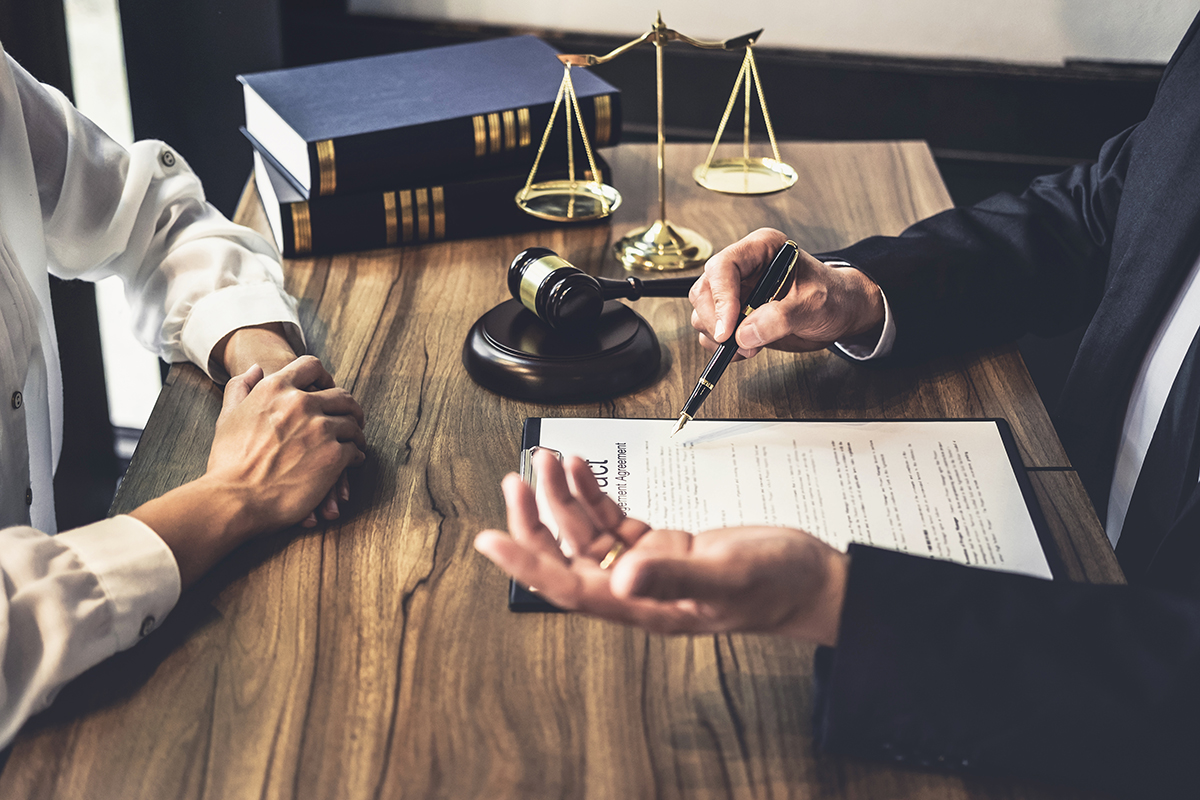The National Labour Inspectorate (“INL”) issued two notes, one shortly after the other, used to provide the first clarifications concerning the inspection procedures for worksites in light of the pertinent guidelines, shared in the “Joint Protocol on regulation of measures for contrasting and containing the spread of the Covid-19 virus” (the “Protocol”) signed by the stakeholders on 14 March 2020 (recently updated last 24 April).
Note 131 of 10 April 2020
Note no. 131 of 10 April 2020 has the objective of making workplace conduct uniform and consistent including due to the evolution of the pertinent emergency regulatory framework. A regulatory framework which, as should be recalled, has:
- first of all decriminalised violations of the containment rules – restoring them at most to sanctions of an administrative nature – and
- reinforced the central nature of the institutional figure of Prefect as being responsible for exercising the control action necessary for ensuring compliance with the adopted measures.
According to the INL inspection activity will be primarily focussed on implementation procedures, by the employers, of organisational and management procedures set up by the authorities and subject matter of the aforesaid Protocol.
It was further explained that the professionalism of the inspectors may be useful also in terms facilitation, mediation, deflation and verification of the processes for using public resources dedicated to support for families, workers, companies and credit, such as those to access social safety nets.
Note 149 of 20 April 2020
With the subsequent note no. 149 of 20 April 2020, INL provided further explanations concerning its inspectors’ control procedures on observance of the conditions required to continue production, industrial and commercial activities.
The note states that the Inspectors must perform inspection activities in close collaboration with the competent offices of the Local Healthcare Agencies, and with which they must previously establish a plan containing lists of companies to focus controls on. This is also envisaged to make it easier to correctly identify the objectives to pursue. However, should the inspectors find themselves faced with clear violations of a certain seriousness and urgency, requiring immediate on-site inspections, they may still perform them even without compliance with the aforesaid procedure.
In addition, the note specifies that for these types of inspections, the selection of inspectors to use must primarily be done on a voluntary basis and, above all, they must be provided with personal protection equipment suitable for the purpose.
Lastly, the note contains annexes such as (i) “guidelines for inspections on the anti-contagion protocol”, (ii) a report form for access and inspection entitled “Covid-19”, (iii) a list of personal protection equipment (PPE), with relative instructions for use for inspection personnel and, lastly, (iv) a check list with the inspections to perform; this is a type of questionnaire with yes/no answers to be filled out by the inspector.
In terms of punishment, if the inspectors find failure to comply with one or more of the prevention measures in the “Protocol”, they will not proceed by imposing a sanction on the employer. They must transmit the results of the inspection to the competent Prefecture, i.e. the access report and filled in check list, summarising the omissions and/or failures they found for adoption of any pertinent measures. It is then up to the Prefecture, based on this report, to adopt any measures, including of an interdictory nature, applied to the company.




